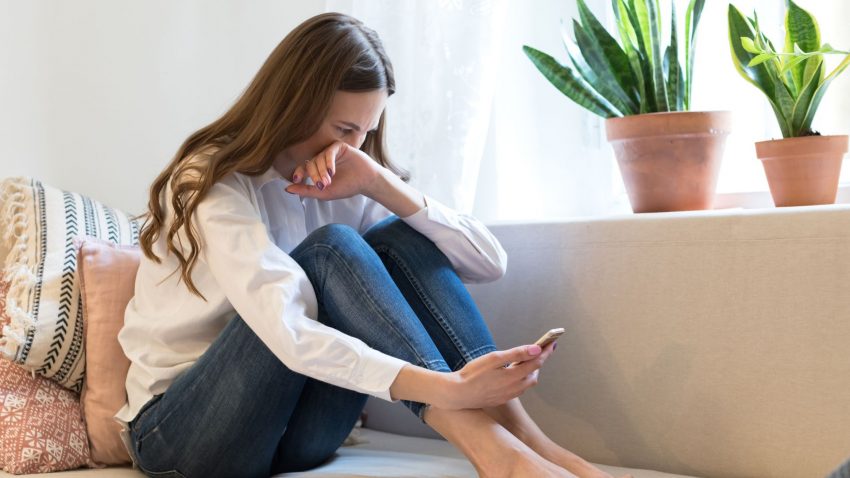“Your skin should be thicker.”
“Some people shouldn’t be on social media.”
“Just ignore them. What is the problem?”
Here’s the thing. Social media is deeply integrated into our society. 84% of millennials are on Facebook. 93% of them have smartphones. We just came out of one of the weirdest, most divisive, and most isolating experiences in our lifetime, and for most of us, social media was how we hung on.
It’s not as easy as saying, “turn it off.”
I read a story today about an actress who made some comments three years ago in the heat of the moment. She was ambushed on social media and was told that she was a blight on her community. The outrage was so strong that she ended up attempting suicide. Even now, when I read the comments, the opinion was largely “Well, don’t be on social media, then,” or “clearly she’s too sensitive.”
Why would we not acknowledge the actual problem? Historically, bullying, ostracization, and “othering” have led to depression, isolation, and yes, suicide. It doesn’t matter how the words come at you. If you are human, you can only ignore the voices for so long. The vicious language indicates a loss of humanity. Believing that another human — regardless of their opinion, profession, preferences, or identity — deserves to be told to suffer or die (especially based on an internet interaction!) is unconscionable.
Humans are impacted by their relationships and interactions with other humans. How many of us have held onto phrases and mantras that someone injected into our psyche when we were young? You almost certainly have those core beliefs, thoughts, and ideas that someone bludgeoned into your head when you were young.
Our digital society opens those channels to hundreds and millions of people. Everyone that has a presence online of any kind is open to subjective opinions, commonly left by keyboard warriors who forget that there is an actual human on the other side of that screen.
Since I’ve moved into the publishing world, I’ve seen how people speak to our (VOLUNTEER) administrators in messages. I’ve seen the names we get called. I’ve seen the outrage machine turn on well before anybody has the facts to make an informed decision on a subject.
In a previous life, I was very visible online in a tumultuous profession. Ultimately, I left. I stopped. Because being quiet meant that I didn’t have to endure rape and death threats. It meant that the deluge of hate would stop. At one point, I remember a celebrity tweeting that my colleagues and I should drink poison together and die.
When I look at those former peers and colleagues, they’ve all left. They’ve all changed. It isn’t a sustainable way to exist. And women are overwhelmingly the targets of these attacks.
The solution to preventing online abuse is not to tell the person being attacked to get off the internet. The solution is remembering that the person on the other side of that post is a human. Disagreeing and scrolling by or offering a kind of opposing viewpoint is possible.
I’ll even go as far as to say that offering a kind word or encouragement to someone whenever you see negativity somewhere could literally save a life. Words matter, and the things you say when you don’t think anyone is paying attention are the most important.
About the Writer: Allie Gravitt is a mom of 3 and lives in metro Atlanta with a house full of animals and plants. Her debut poetry collection, prisonbreaks, and second collection Killing Ghosts are available now on Amazon. Follow Allie’s writing journey on TikTok and Instagram.
